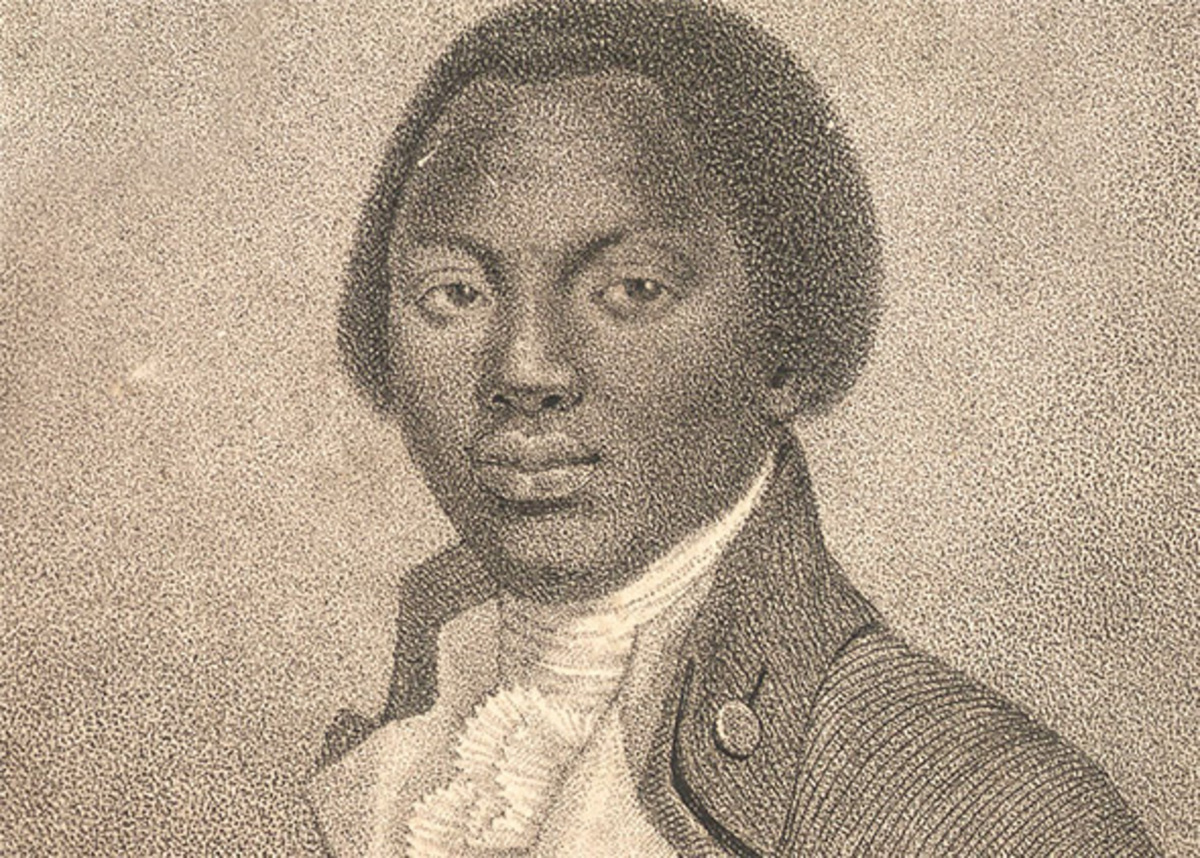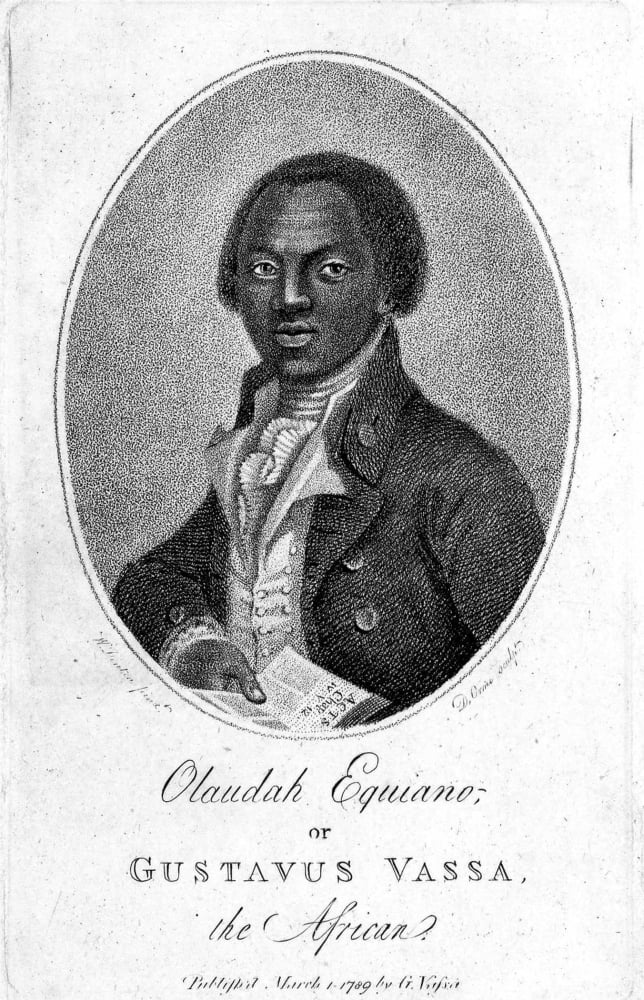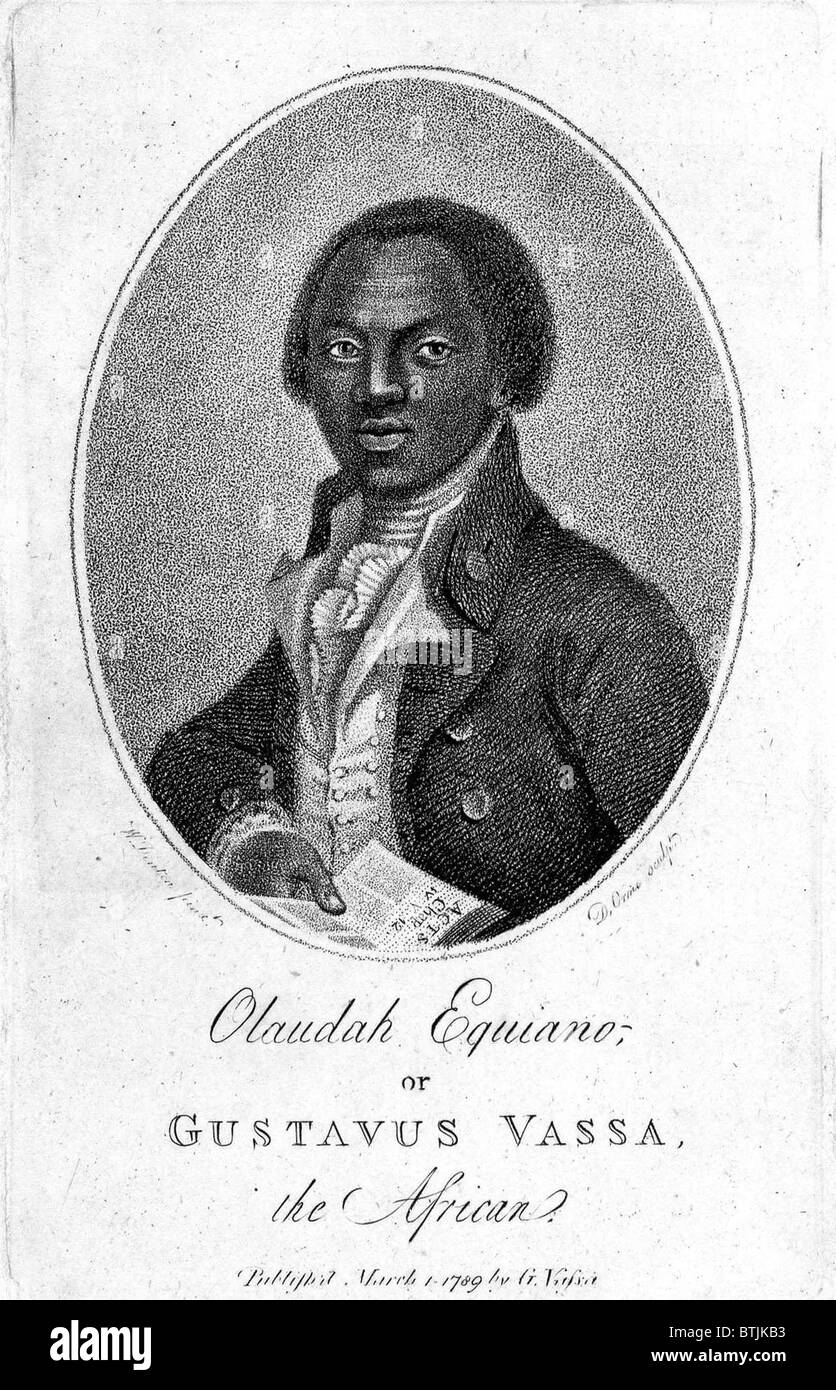
43).Įquiano's journey begins when he is kidnapped from his village with his sister, from whom he is eventually separated.

Did Nature make them inferior to their sons? and should they too have been made slaves? Every rational mind answers, No" (p. In so doing, Equiano hints that Africans may be the indirect relatives of Christian Europeans through their Jewish ancestry and argues against slavery as an affront to all humans: "Let the polished and haughty European recollect that his ancestors were once, like the Africans, uncivilized, and even barbarous. He likens the inhabitants of Eboe to the early Jews, and offers a theory that dark African skin is a result of exposure to the hot, tropical climates. Volume I opens with a description of Equiano's native African culture, including customs associated with clothing, food, and religious practices. He married Susanna Cullen in 1792, with whom he had two daughters.

Following the publication of his Interesting Narrative, Equiano traveled throughout Great Britain as an abolitionist and author. It went through one American and eight British editions during his lifetime. Equiano published his autobiography, The Interesting Narrative of the Life of Olaudah Equiano, or Gustavus Vassa, the African, in 1789 as a two-volume work. In 1773 he accompanied Irving on a polar expedition in search of a northeast passage from Europe to Asia. Equiano continued to travel, making several voyages aboard trading vessels to Turkey, Portugal, Italy, Jamaica, Grenada, and North America. He settled in England in 1767, attending school and working as an assistant to scientist Dr. Equiano, who was allowed to engage in his own minor trade exchanges, was able to save enough money to purchase his freedom in 1766. He was purchased in 1763 by Robert King, a Quaker merchant from Philadelphia, for whom he served as a clerk. In service to Captain Pascal and subsequent merchant masters, Equiano traveled extensively, visiting England, Holland, Scotland, Gibraltar, Nova Scotia, the Caribbean, Pennsylvania, Georgia, and South Carolina.

One of his masters, Henry Pascal, the captain of a British trading vessel, gave Equiano the name Gustavas Vassa, which he used throughout his life, though he published his autobiography under his African name. Though he spent a brief period in the state of Virginia, much of Equiano's time in slavery was spent serving the captains of slave ships and British navy vessels. When he was about eleven, Equiano was kidnapped and sold to slave traders headed to the West Indies. Olaudah Equiano was born in 1745 in Eboe, in what is now Nigeria.


 0 kommentar(er)
0 kommentar(er)
